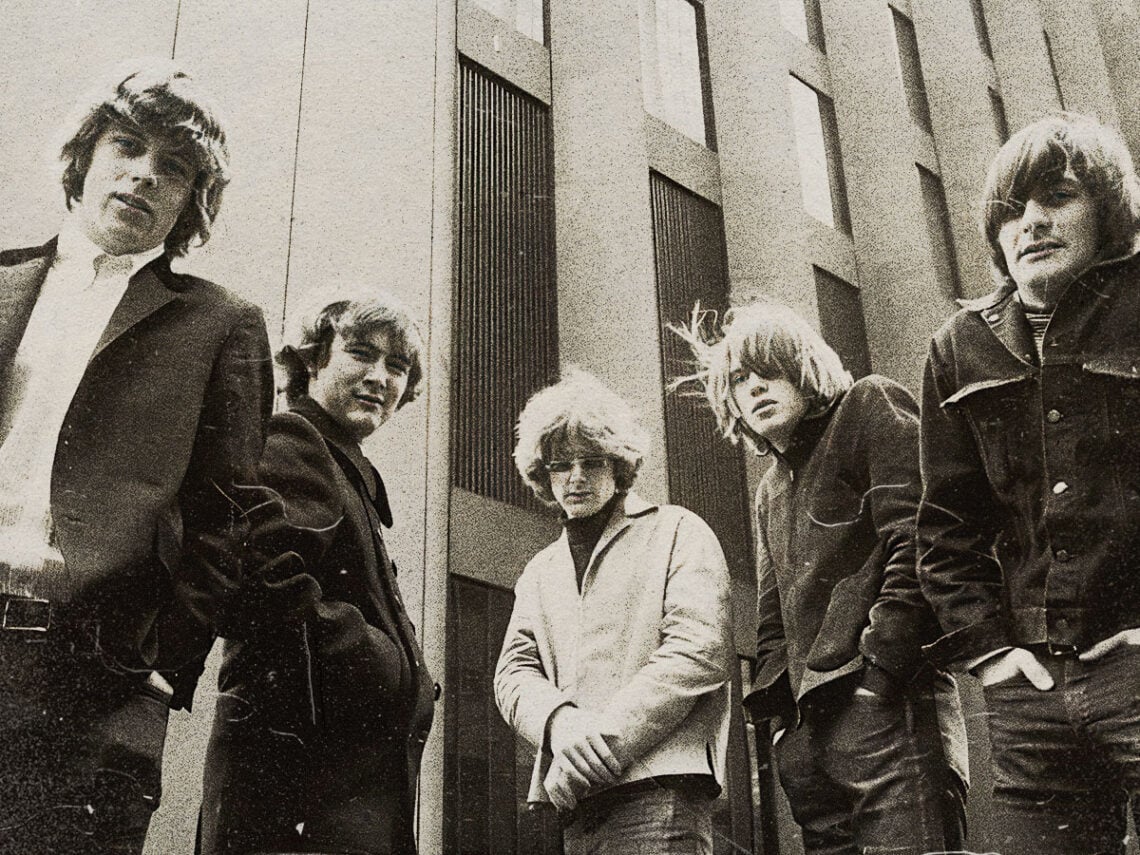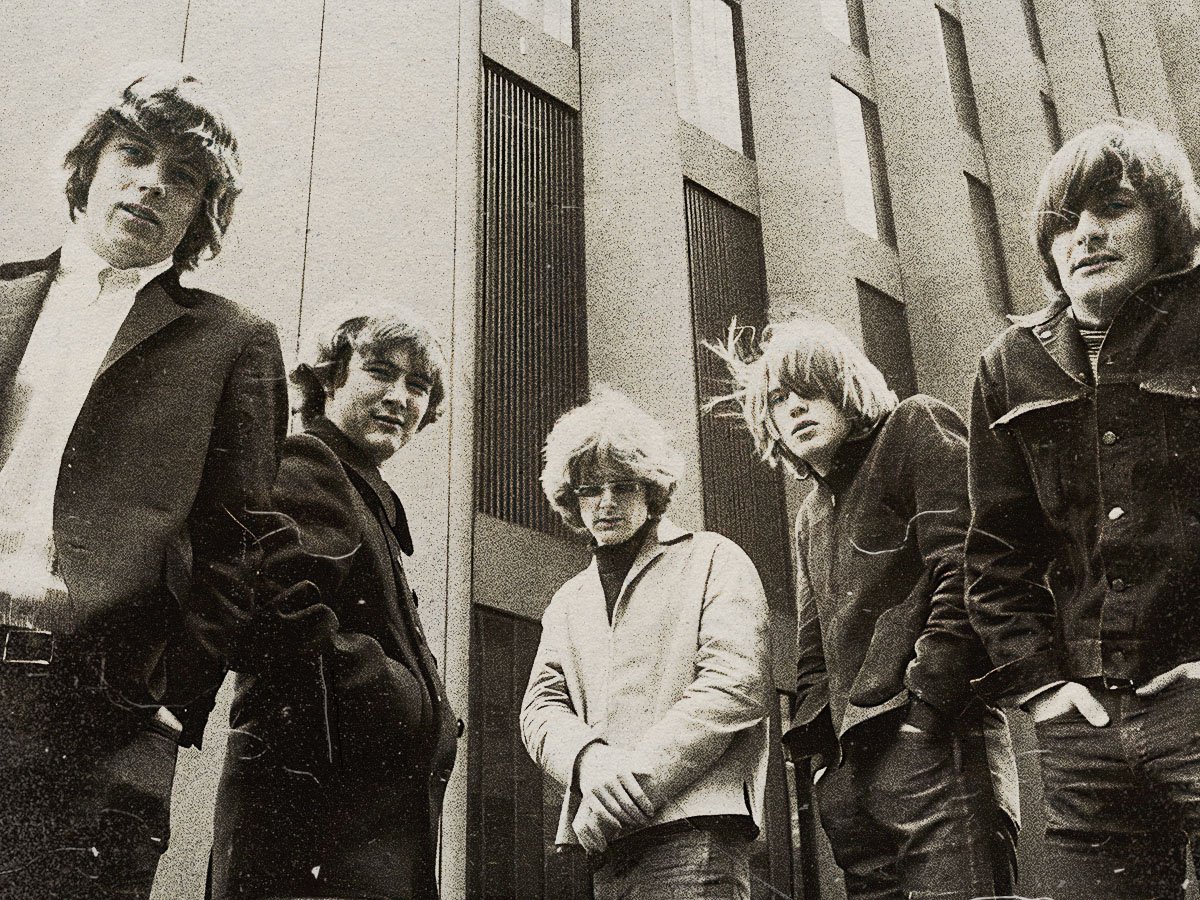
(Credits: Far Out / Tidal)
Mon 11 August 2025 18:30, UK
Every now and again, a piece of art emerges completely out of left field and has a revolutionary impact not just on culture but on society at large. These are rarified records that happen maybe once a decade if we’re lucky. But in the 1960s, The Beatles seemed to be perenially on the brink of their next one.
As John Lennon once poetically proclaimed, “We were all on this ship in the sixties, our generation, a ship going to discover the New World. And the Beatles were in the crow’s nest of that ship.” Far from hubris, there are plenty of their peers who would agree that the band weren’t merely in the crow’s nest, they were already ashore, manning the lighthouse.
However, of all the albums that the Fab Four mustered, it’s hard to look beyond Revolver as the most revolutionary. Sure, Sgt Pepper was momentous, but put in the simplest terms, Revolver came first. The searing masterpiece was unlike anything the world had heard before, and everything that followed was merely radical by degrees.
Never before or since has haziness proved so potent. It was like a fog that refused to shift despite a 100mph headwind. Caught up in the delirium of the album was David Crosby. “I don’t recall where and exactly when I first heard Revolver; I just know what it did to me. Rubber Soul was what you thought The Beatles were, but Revolver – somebody has smoked a joint and dropped acid. Their consciousness was completely different and it’s a joy for that,” he told Mojo in 2023.
He recognised how the record saw the group expand their horizons into unknowns. If before Revolver they were following the lead of the likes of Bob Dylan, now they were out on a whim of their own whimsical imaginations, and pushing the studio to its limits to facilitate their groovy thoughts. That’s what The Byrds wanted to do. They wanted to be right on the precipice of great pop and potent inventiveness, too.
In a strange way, Crosby had a direct hand in the development himself. He had inadvertently become their drug dealer while they were in the States. And Byrds frontman, Roger McGuinn, had even turned George Harrison onto the sitar at a casual party. These simple moments of happenstance prove how plugged into that culture the Fab Four truly were.
The Byrds could’ve been the band that pioneered exotic psychedelia, but they just weren’t quite as decisive and sharp as the hungry Fab Four. While other people were digging Indian folk music at parties, the young Liverpudlians were rushing to the studio to blend it with Dylan, Transcendentalism and a Moog, whatever one of those was.
The Byrds were already endeavouring towards something similar, arguably the first group to turn their hand to ‘jangly’ indie guitar, but now they were racing towards more. “I know the other Byrds, especially Roger, were thrilled by Revolver: anyone with a brain would have been,” Crosby continued. “Revolver’s impact on The Byrds was obvious; look at how hard we were trying to go in the same direction, as fast as we possibly could.”
Related Topics

